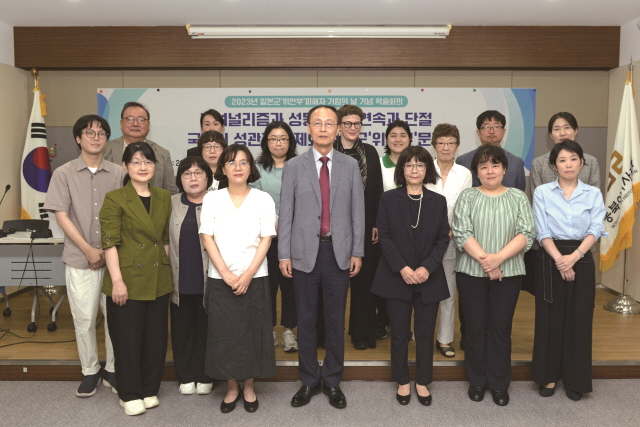
The History of Nationalism, War, Sexual Violence, and the Issue of Japanese Military ‘Comfort Women’
August 14th of this year marked the 11th World Memorial Day for the Japanese military ‘comfort women’, designated by the Asia Solidarity Conference for the resolution of the Japanese military ‘comfort women’ issue, as well as the 6th Memorial Day for the Japanese military ‘comfort women’ victims designated by the South Korean government. On August 14, 1991, South Korean victim Kim Haksoon gave her first public testimony, firmly establishing the ‘comfort women’ issue as a matter of war crimes and colonial rule responsibility. Since then, women from war-affected regions caused by Japan, including South Korea, Taiwan, North Korea, China, the Netherlands, and Indonesia, have come forward as survivors of these atrocities. Furthermore, the issue of sexual violence during the Yugoslav War and Rwandan Genocide since 1990 has become interconnected with the ‘comfort women’ issue, being ‘recognized’ as a war crime. In addition, discussions have also included instances of sexual violence by Nazi Germany during World War II and sexual violence around US military bases after the end of the war. About this, global scholars have evaluated that the testimonies of ‘comfort women’ victims have led to a complete restructuring of the global historical perception of wartime sexual violence, focusing on the experiences of the victims.
Moreover, when the issue of Japanese military comfort women was a focal point of international public discussion, it seemed as though a resolution might be imminent. In 1993, the Japanese government released the Kono Statement, admitting that the Japanese military and government were directly or indirectly involved in the establishment of comfort facilities and the mobilization of ‘comfort women’. They also promised to make significant efforts to restore the honor of Asian women who had ‘suffered against their will’. In August 1995, Prime Minister Murayama Tomiichi issued a statement apologizing for Japan’s past invasion and colonial rule of Asia. Both South Korea and Japan also had a bond of sympathy in acknowledging the need for national efforts toward truth ascertainment, commemorative projects, and educational activities for future generations.
Park Jeong-ae, a Research Fellow at the Korea-Japan Historical Affairs Research Institute, Foundation